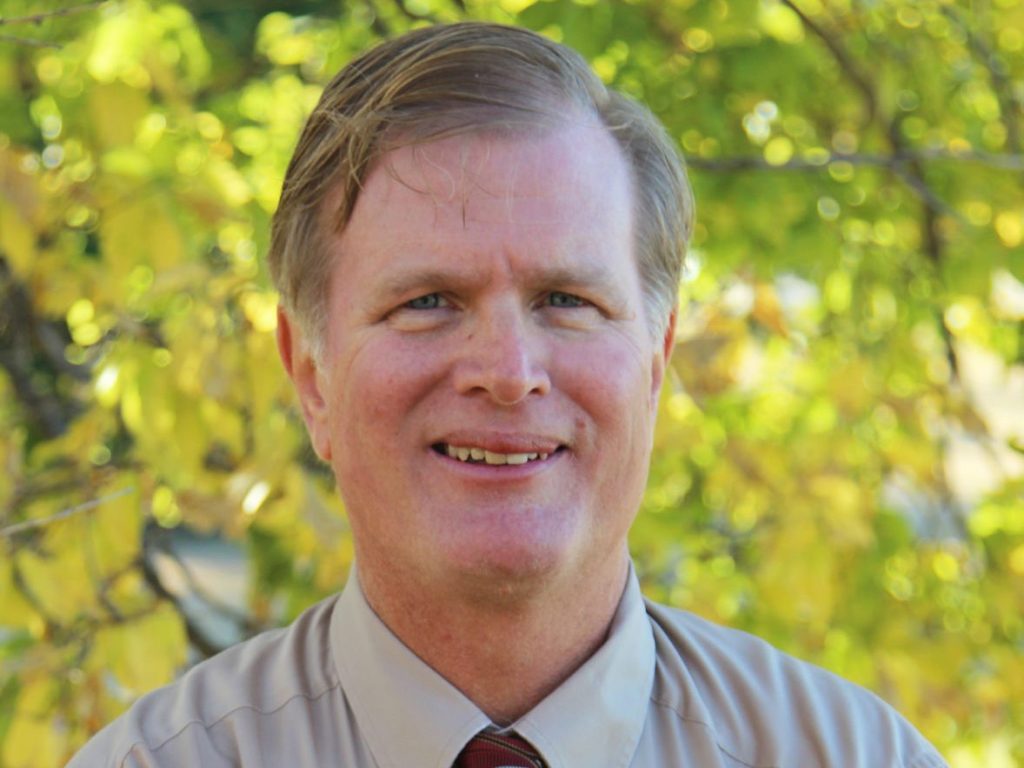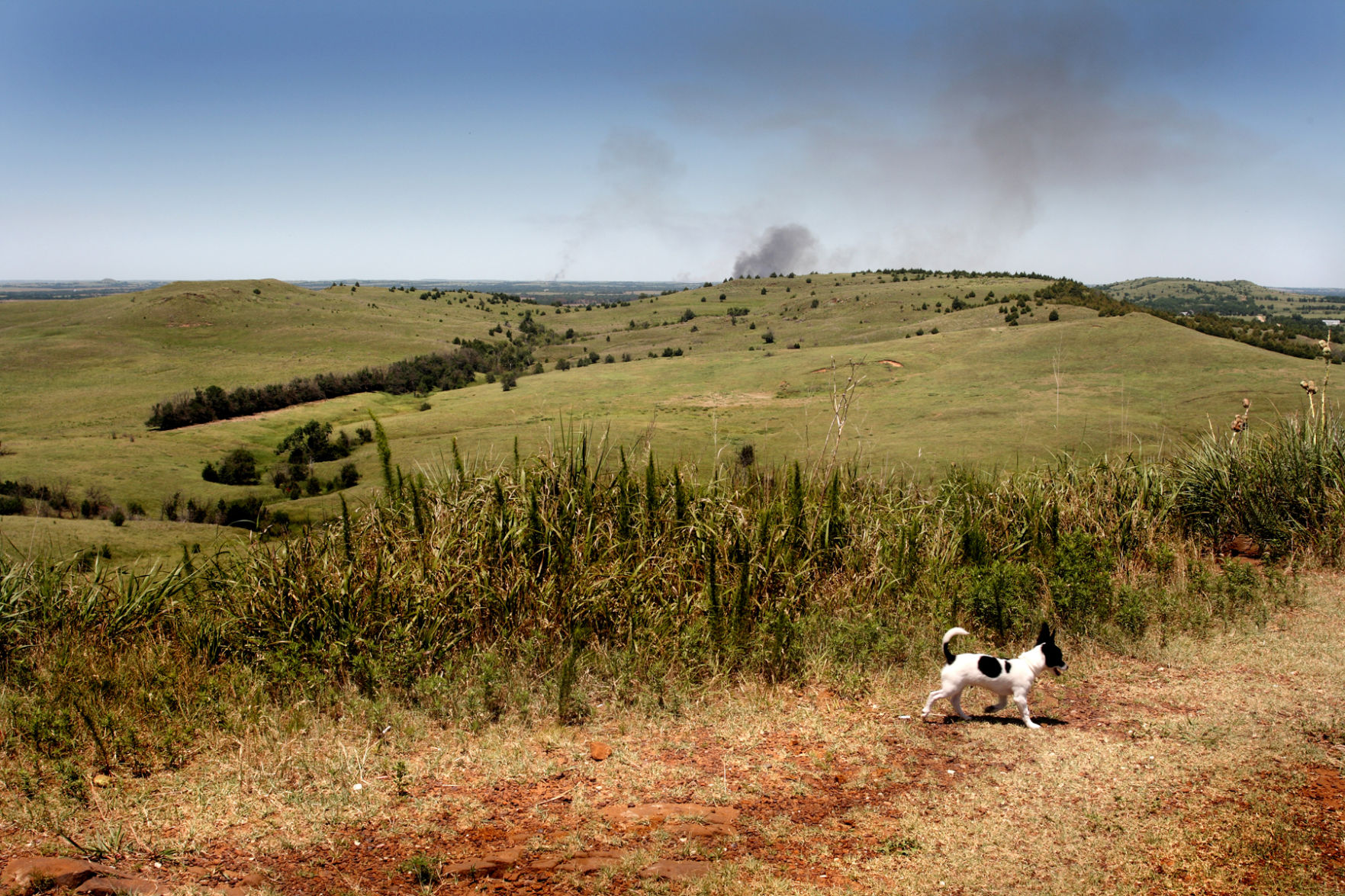A tip of the cap to the National Agriculture Hall of Fame in Bonner Springs, Kansas, which posthumously inducted Barry Flinchbaugh into its ring of honor. Flinchbaugh’s expertise helped drive many farm bills from the 1970s until his death in 2020.
On a personal note, he was one of my professors at Kansas State University and while I called him a mentor, he preferred to call me a friend. During the time I was at K-State it was in the depth of the farm crisis in the 1980s, an era only rivaled by the Great Depression, for its impact on rural America.

Flinchbaugh’s candor was remarkable then as it was up until his death. He not only helped drive federal farm policy but also by taking his expertise on the road to help explain new concepts that included Freedom to Farm in the late 1990s. Flinchbaugh was a driving force behind federal crop insurance and he always championed the importance of letting a farmer and rancher make his or her own decisions.
He always recognized the importance of global trade for agriculture products because the United States had a competitive advantage. He was critical of isolationists because they dismissed his most famous piece of advice—”If you want trade, you have to accept trade.”
Flinchbaugh marveled at the efficiency of the American farmer and those in agribusiness. He always believed that all levels need to be fair and became skeptical that the federal government was actually doing its part to ensure that fairness. When politicians got in the way of trade or turned a blind eye to fairness it got his attention and he had no problem telling others about their flawed view.
As someone who had an influence on elected leaders, he could pick up the telephone and offer advice and an opinion. He would criticize presidents for policies that were counter-productive to the long-term interests of farmers and ranchers. He minced no words about embargos and tariffs. Their long-term ineffectiveness only caused importing countries to look elsewhere. Once an export door was closed, even briefly, it might not ever re-open.
Political grandstanders, he believed, were only playing farmers and ranchers as pawns in their own ambitious schemes.
Education was important to him and sharing that philosophy with others was a cornerstone. He built relationships with urban lawmakers whether they were in state legislatures or in Congress. Educating them to what farmers and ranchers and agribusinesses faced on a daily basis could offer them a perspective that could lead to better decisions.
As I have written before we talked several times after I arrived at High Plains Journal over 10 years ago. Flinchbaugh was pleased that I could devote my journalism skills to helping farmers and ranchers. No matter where you go in rural Kansas or in rural America, Flinchbaugh’s influence is felt. He was a friend to many and a great listener.
The National Agriculture Hall of Fame is a venue where people can learn about the importance of farming, ranching and agribusiness. Flinchbaugh’s candor is missed but his legacy is proudly carried on by his many students, whether they were formal or informal.
Dave Bergmeier can be reached at 620-227-1822 or [email protected].

